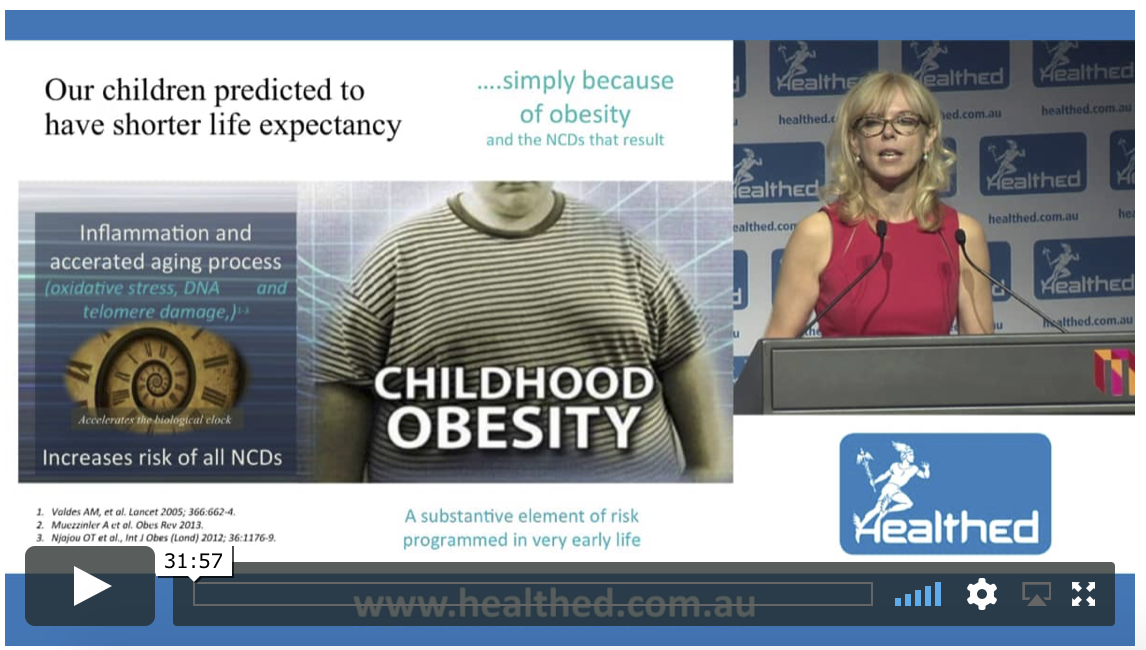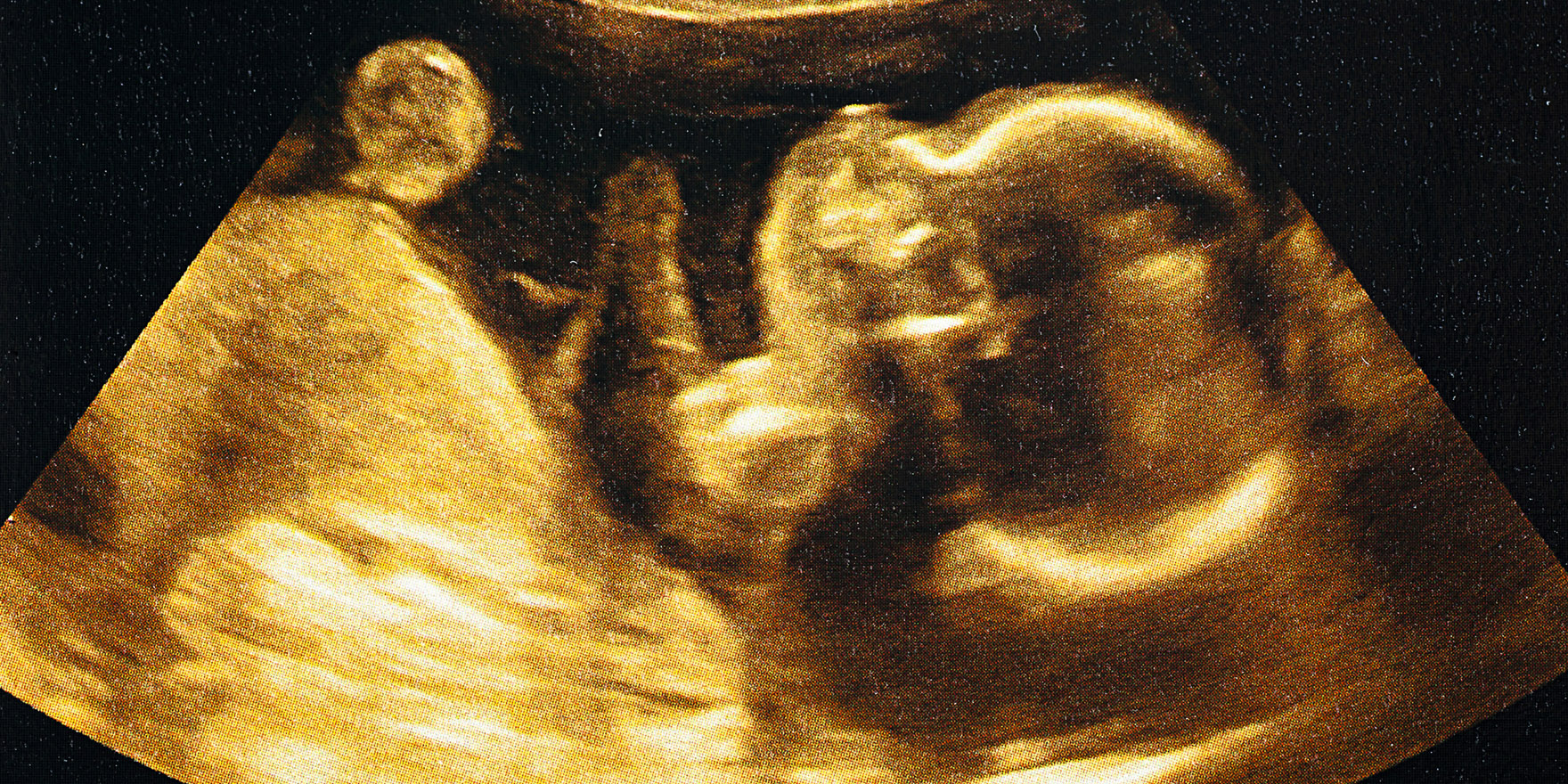For the first time in modern history, today's children may have a shorter life expectancy than their parents. How can that be?
For the first time in modern history children might have a shorter life expectancy than their parents due to the rise in non-communicable diseases such as obesity, says Professor Susan Prescott, a paediatric immunologist and allergist at the Telethon Kids Institute.
The greatest increase in non-communicable diseases (NCDs) is occurring in low-income countries, she says.
“By NCDs I’m, of course, referring to the chronic inflammatory diseases that affect all organ systems ranging from obesity, heart disease, some cancers and diabetes, mental ill health and allergies.
“But a significant component of the risk of all of these conditions is actually programmed very early in life.”
Diet, micro-toxins and stress early in life influence early development and function of many organ systems to increase the risk of early onset and late onset NCDs, says Professor Prescott.
Click here for the full video:



